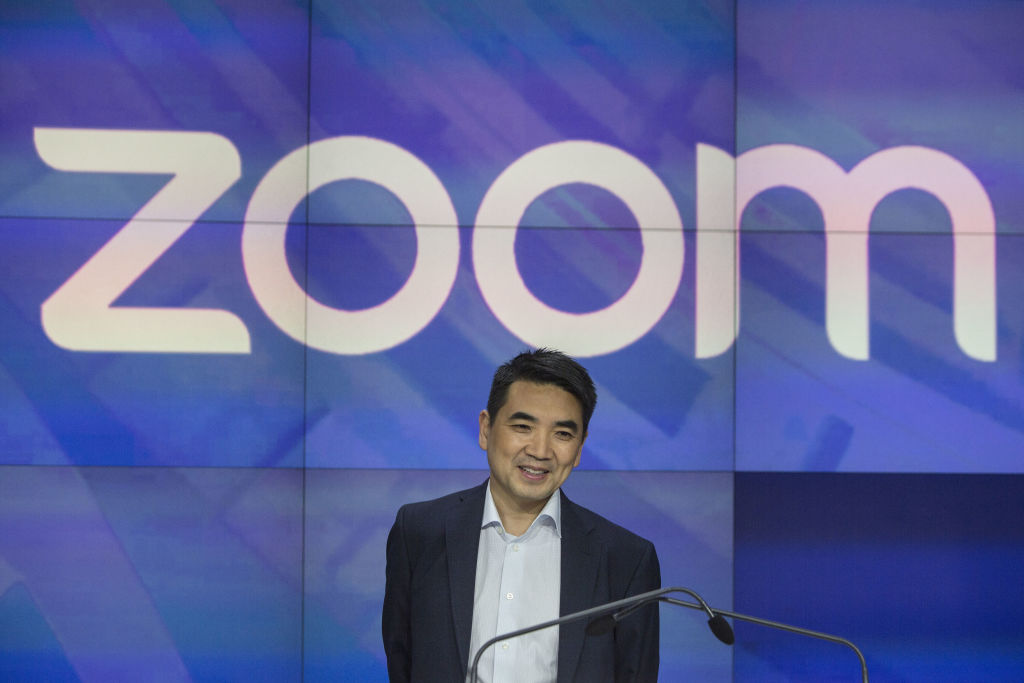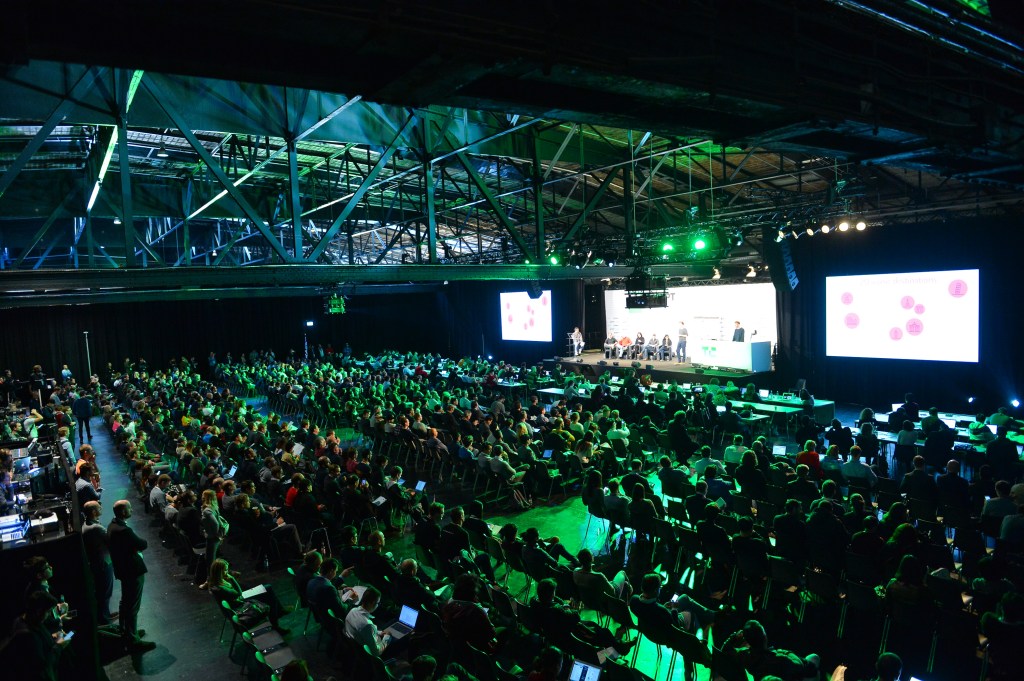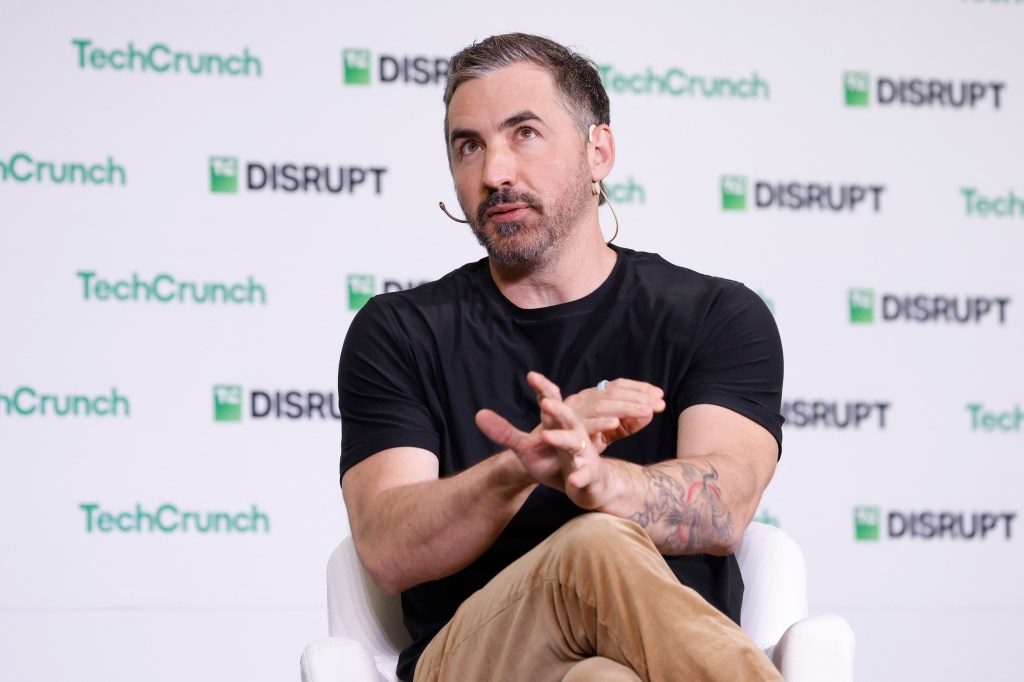In a recent interview, Zoom’s CEO, Eric Yuan, shared his vision for the future of work, emphasizing the transformative role of artificial intelligence (AI) in reshaping our professional lives. Yuan believes that AI advancements will not only enhance productivity but also lead to a significant reduction in the traditional workweek.
The Evolution of Work and AI Integration
The concept of a shortened workweek has been a topic of discussion for decades. Historically, technological advancements have played a pivotal role in reducing working hours. The Industrial Revolution, for instance, introduced machinery that automated manual tasks, leading to shorter workdays. Similarly, the digital revolution brought about tools that streamlined processes, allowing employees to accomplish more in less time.
Today, AI stands at the forefront of this evolution. By automating routine tasks, analyzing vast amounts of data, and providing insights that were previously unattainable, AI has the potential to revolutionize the workplace. Yuan envisions a future where AI not only complements human efforts but also takes over repetitive tasks, allowing employees to focus on more strategic and creative endeavors.
Zoom’s Commitment to AI Integration
Under Yuan’s leadership, Zoom has been proactive in integrating AI into its platform. The company has introduced features like AI-powered meeting summaries, real-time transcription services, and intelligent scheduling assistants. These tools aim to reduce the time employees spend on administrative tasks, thereby increasing overall efficiency.
For instance, Zoom’s AI companion can now work across various meeting applications, including Google Meet and Microsoft Teams. This cross-platform functionality ensures that users receive consistent AI support, regardless of the platform they choose. Additionally, the introduction of AI avatars allows users to maintain a presence in meetings without being physically present, further optimizing time management. ([techcrunch.com](https://techcrunch.com/2025/09/17/zoom-launches-a-cross-application-ai-notetaker-ai-avatars-and-more-in-its-latest-update/?utm_source=openai))
The Broader Implications of AI in the Workplace
The integration of AI into the workplace extends beyond just Zoom. Companies across various industries are leveraging AI to enhance productivity. From AI-driven customer service chatbots to predictive analytics in supply chain management, the applications are vast and varied.
However, the adoption of AI also brings challenges. Concerns about job displacement, data privacy, and the ethical use of AI are prevalent. Yuan acknowledges these challenges and emphasizes the importance of a balanced approach. He advocates for continuous learning and upskilling, ensuring that employees are equipped to work alongside AI tools effectively.
A Vision for the Future
Yuan’s prediction of a shortened workweek is not just about working fewer hours but about working smarter. By harnessing the power of AI, employees can achieve more in less time, leading to improved work-life balance and overall well-being.
This vision aligns with global trends where companies are experimenting with four-day workweeks and flexible schedules. Preliminary results from such experiments indicate increased productivity, reduced burnout, and higher job satisfaction.
Conclusion
The integration of AI into the workplace is inevitable. Leaders like Eric Yuan are at the helm of this transformation, envisioning a future where technology enhances human potential rather than replacing it. As AI continues to evolve, it holds the promise of not only reshaping our workdays but also redefining the very nature of work itself.



